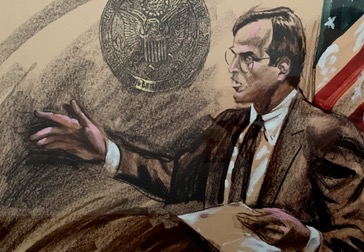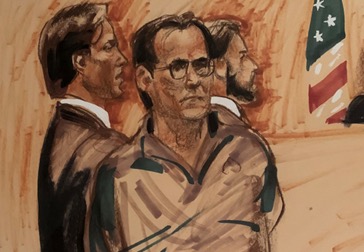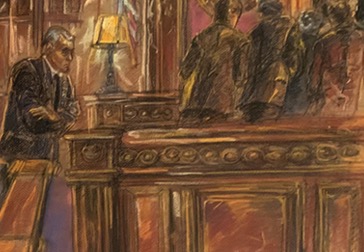Costs Increase for Health Care Fraud and Abuse Violations
Recent congressional action will have serious ramifications on corporate and individual defendants who are or could be under investigation for violations of federal health care program fraud and abuse laws. Changes implemented by the Bipartisan Budget Act of 2018 dramatically increased the penalties that can be imposed on those who violate federal health care program fraud and abuse laws, including the Civil Monetary Penalties Law and the Anti-Kickback Statute, or those who seek to settle claims of alleged violations of these laws.
In addition to funding the federal government, the Bipartisan Budget Act of 2018 that was signed into law on February 9, 2018 included changes affecting health care providers and the federal health care programs. Health care providers finding themselves involved in government investigations or prosecutions should note that section 50412 of the Act increased civil and criminal penalties and increased sentences for federal health care program fraud and abuse.
The maximum penalties under the Civil Monetary Penalties Law (CMPL) have doubled, and in some cases have more than doubled. For example, current penalties for knowingly filing an improper claim for a medical or other item or service (under 42 U.S.C. § 1320a–7a(a)) increased to $20,000 per violation (from $10,000). The penalty under the CMPL for knowingly making or causing to be made a false statement, omission, or misrepresentation of a material fact in any application, bid, or contract to participate or enroll as a provider of services or a supplier under a federal health care program increased to $100,000 for each false statement (from $50,000). The CMPL penalty for violating the Anti-Kickback Statute increased from $50,000 to $100,000 per violation. Maximum penalties under the CMPL for payments made by a hospital to a physician to induce reduction or limitation of services (under 42 U.S.C. § 1320a–7a(b)) increased to $5,000 (from $2,000) and $10,000 (from $5,000).
Criminal penalties for acts involving federal health care programs under 42 U.S.C. § 1320a–7b, including but not limited to the Anti-Kickback Statute, were increased to $100,000 (from $25,000), to $20,000 (from $10,000), and to $4,000 (from $2,000). Maximum sentences were increased from five years to ten years for felonies involving (i) federal health care program fraud and abuse under 42 U.S.C. § 1320a– 7b(a) and (b), including the Anti-Kickback Statute; (ii) false statements and representations with respect to conditions or operations of facilities under 42 U.S.C. § 1320a–7b(c); and (iii) excess charges under 42 U.S.C. § 1320a–7b(d). The increased penalties under the Act are applicable only to violations committed after February 9, 2018 (the date of enactment of the Act). Of additional concern to persons settling claims alleging the violation of health care laws is a provision in the new tax code that expands the scope of the disallowance of deductions for amounts paid to a government entity.
The Tax Cuts and Jobs Act, effective December 22, 2017, amended section 162(f) of the tax code, which had provided that fines or penalties paid to a governmental entity are not deductible.
As a result of the increased penalties for CMPL and Anti-Kickback Statute violations, we anticipate that defense counsel, relator counsel and federal prosecutors will change the way in which they approach defense and prosecution of cases and settlement negotiations. Relators and their counsel may be emboldened to bring more cases with the prospect of recovering larger settlement amounts. While federal prosecutors are careful not to appear to use criminal proceedings to obtain a civil recovery, an enhanced criminal penalty and increased jail time will pose significant challenges to defendants in parallel proceedings. Moreover, settlements in qui tam and federal cases, in which the government’s standard approach has been to require a minimum of double damages, could be more difficult to reach as relators counsel and the government seek greater penalties.
Jonell B. Beeler, J. Scott Newton
Health Law Alert
March 28, 2018








